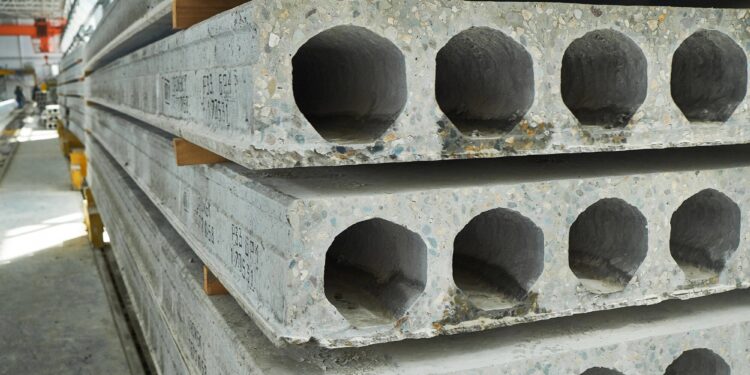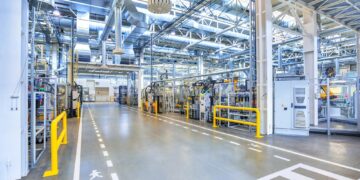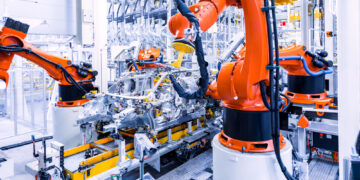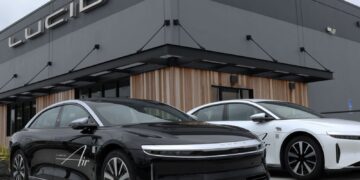Saudi Arabia’s precast concrete market is experiencing robust growth, driven by major infrastructure investments, rapid urbanization, and a shift toward efficient construction methods. According to IMARC Group, the market reached $1.2 billion in 2024 and is projected to double to $2.5 billion by 2033, with a compound annual growth rate of 7.6% expected between 2025 and 2033.
This expansion is largely fueled by government-led initiatives under Vision 2030, which emphasizes sustainable urban development and large-scale projects such as NEOM and the Red Sea Project. In 2024, the government allocated SAR150 billion for infrastructure, reinforcing the demand for precast components in both housing and industrial sectors. The Ministry of Housing aims to boost homeownership to 70% by 2030, requiring over 1.5 million new homes—many of which will use precast solutions for their speed, cost efficiency, and durability.
Collaborations between local firms like Saudi Ready Mix Concrete Company and international players such as Lafarge Holcim are enhancing production capacity and introducing advanced technologies. The adoption of modular construction is particularly notable in cities like Riyadh and Jeddah, where modular precast units accounted for 30% of new housing in 2024, significantly reducing build times.
Sustainability is a growing priority, with the government mandating at least LEED Silver certification for state projects under the Saudi Green Initiative. This is accelerating the use of eco-friendly materials, such as low-carbon concrete and recycled aggregates. Companies like Al-Babtain Precast are set to launch carbon-neutral products, and solar-integrated panels are being piloted in smart city developments.
Despite these advances, challenges persist, including high transportation costs for large precast elements and a shortage of skilled labor. To address logistics, new production hubs are emerging near key urban centers. Fluctuating steel prices and supply chain uncertainties also pose risks, prompting plans to increase annual cement output to 70 million tons.
Looking ahead, the market will continue to evolve through 2030, shaped by updated building codes, disaster-resilient infrastructure needs, and innovations like 3D-printed molds and IoT-enabled quality controls. Hybrid systems combining steel and concrete are gaining traction for high-rise projects such as the Jeddah Tower. The Western and Eastern Provinces are key growth areas, with the latter also serving as an export base to Gulf neighbors.
Overall, Saudi Arabia’s precast concrete sector is set for dynamic growth, underpinned by sustainability, technological advancement, and ambitious national development goals.









